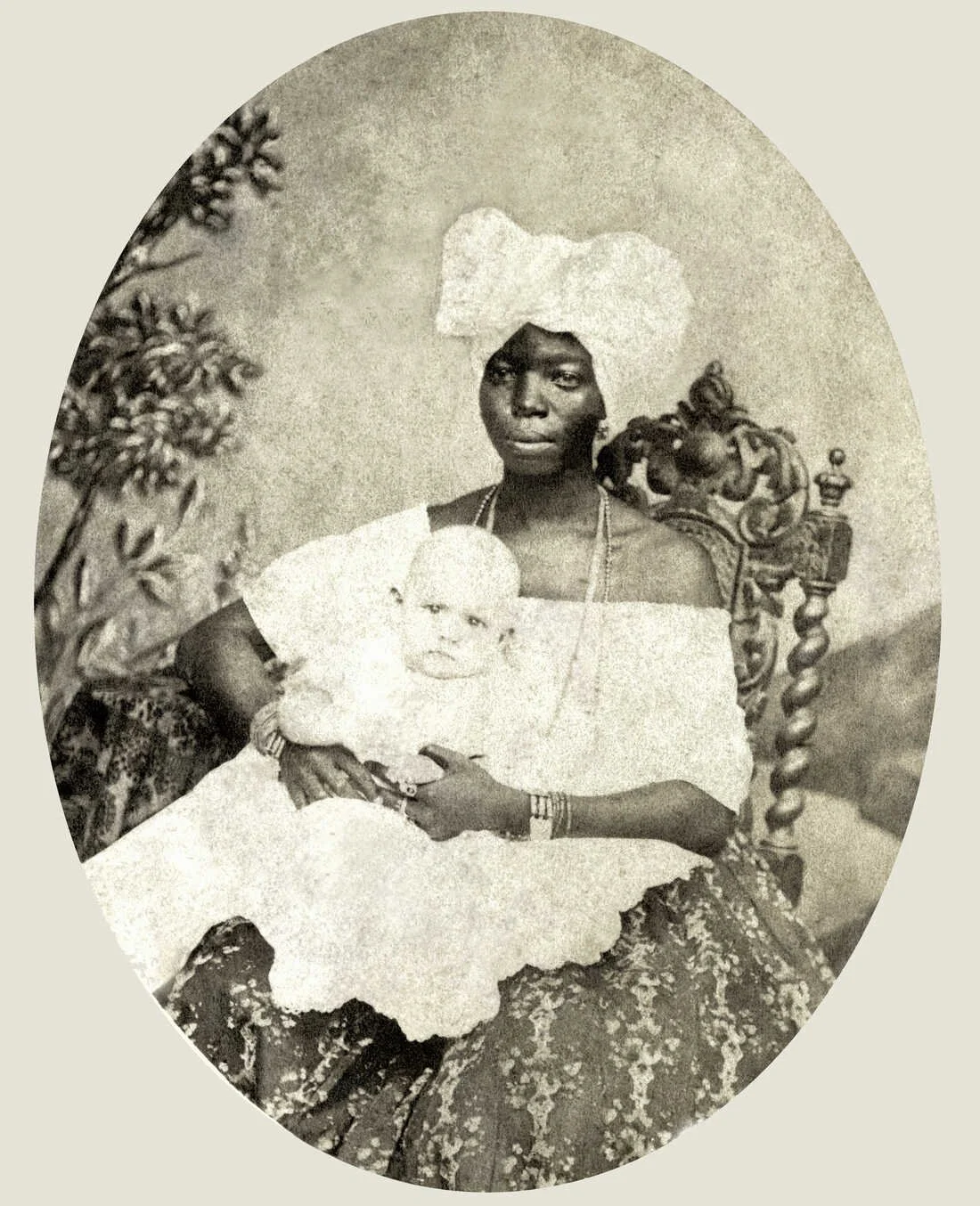Vou dizer a meu sinhô
Que a manteiga derramou
E a manteiga não é minha
E a manteiga é de ioiô*
Vou dizer a meu sinhô
Que a manteiga derramou
E a manteiga não é minha
E a manteiga é de ioiô
Vou dizer a meu sinhô
Que a manteiga derramou
A manteiga é de ioiô
Caiu na água e se molhou
Vou dizer a meu sinhô
Que a manteiga derramou
A manteiga é do patrão
Caiu no chão e derramou
Vou dizer a meu sinhô
Que a manteiga derramou
A manteiga não é minha
É prá filha de ioiô
Vou dizer a meu sinhô
Que a manteiga derramou
I’m going to tell my master
That the butter spilled
The butter is not mine
It is the master’s butter
I’m going to tell my master
That the butter spilt
The butter is not mine
The butter is the master’s
I’m going to tell my master
That the butter spilt
The butter is the master’s
It fell in the water and got wet
I’m going to tell my master
That the butter spilt
The butter is the master’s
It fell on the ground and spilled
I’m going to tell my master
That the butter spilt
The butter is not mine
It’s for the master’s daughter
I’m going to tell my master
That the butter spilt
*Ioiô / ioiá:
These were the lord's children, often allowed to play with the children of enslaved people until a certain age. When slave’s child reached working age, they were separated from their white friends. enslaved people would often resent these children thereafter, blaming accidents on them.
A slave narrative about a "mysterious" spillage. A container full of butter has been knocked over, and no one is taking responsibility. When asked, the enslaved person says, "It’s not my butter, it’s the master’s butter," which, while technically true, doesn’t help resolve the matter. Enslaved people would often use such tactics of "passive resistance" to remind the master of his dependence on them.


